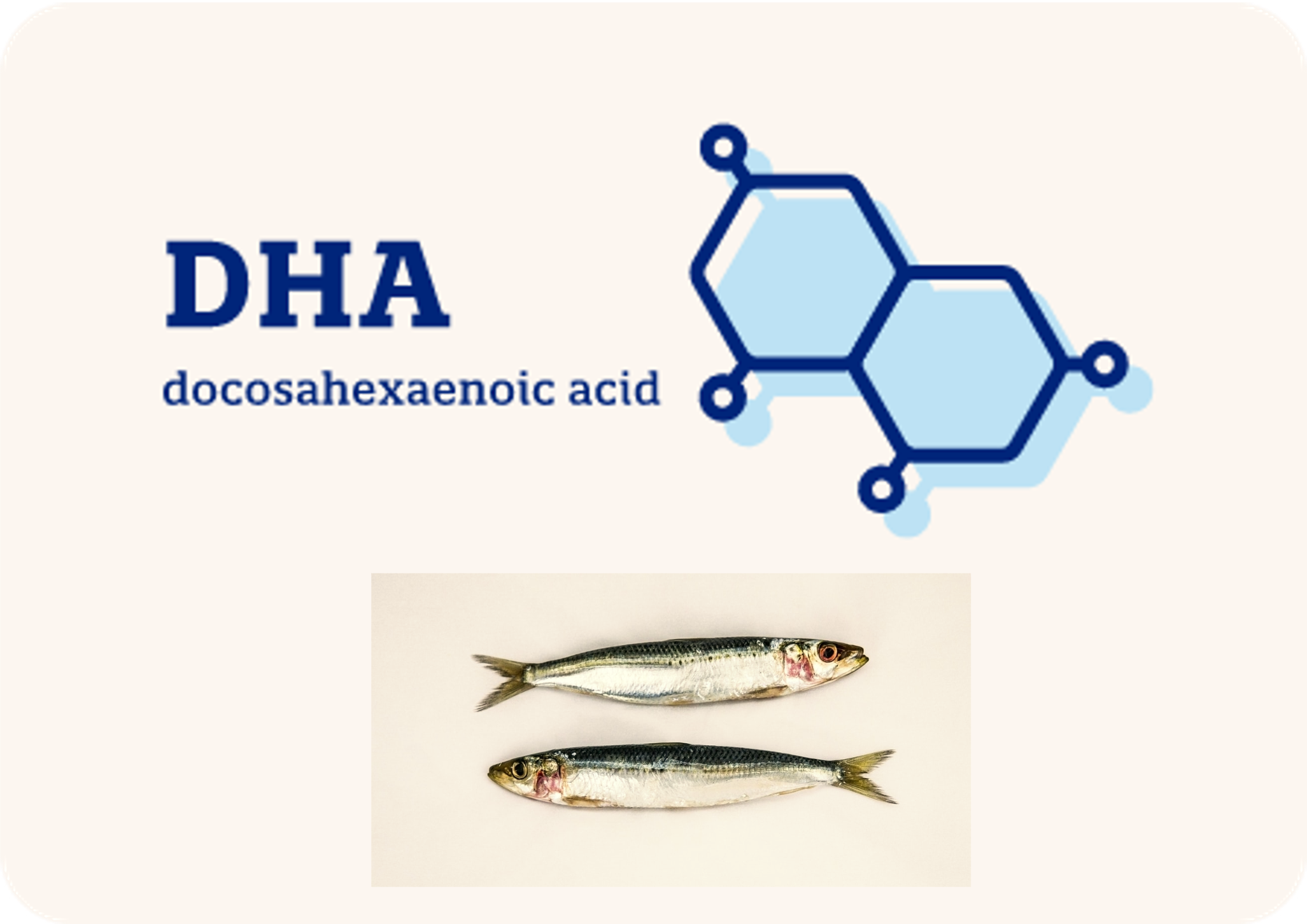Laurie's Blogs.
Nov 2023
DHA for Epilepsy

A friend sent me a link to an interesting research study. (Because when friends know you’re nerdy… this is the kind of thing that you get sent!)
Yonezawa T, Marasigan CNBB, Matsumiya Y, et al. Effects of high-dose docosahexaenoic acid supplementation as an add-on therapy for canine idiopathic epilepsy: A pilot study. Open Vet J. 2023 Jul;13(7):942-947.
https://www.ejmanager.com/mnstemps/100/100-1679374785.pdf?t=1692875957
Abstract
Background: The anti-epileptic effects of docosahexaenoic acid (DHA) in dogs and humans remain controversial. The dosage and efficacy of DHA were various in the previous reports.
Aim: The effects of high-dose DHA supplementation as add-on therapy for idiopathic epilepsy in dogs were evaluated.
Methods: An open-label clinical trial was designed in this pilot study. Six dogs (median age: 6 years) with idiopathic epilepsy were included. All the patients were diagnosed with idiopathic epilepsy using magnetic MRI and cerebrospinal fluid examination (median: 2.0 years before the trial). They had 5–45 seizures and/or auras (median: 9.0) in the month before starting DHA supplementation. DHA was adjunctively administered at doses of 69–166 mg/kg/day without changing other prescriptions.
Results: Four of the six patients completed the 6-month observation period. All the patients showed a decrease in seizure frequency of 50% or more within 2–3 months after the start of the administration, and three patients decreased to a frequency of 0–1 per month after 5–6 months. No clear adverse events were observed in the general condition or blood test results in any patients.
Conclusion: Although the sample size was small and the study was not a randomized controlled trial, the data suggest that add-on supplementation of DHA could be useful in reducing the frequency of seizures in canine idiopathic epilepsy.
So, I decided to do a little digging to understand more! Here’s what I uncovered.
Epilepsy is a complex neurological disorder that affects dogs, leading to recurrent seizures and sometimes severe complications. DHA, an omega-3 fatty acid primarily found in fish oil, has gained significant attention for its potential benefits in addressing epilepsy in dogs. While there is no definitive cure for epilepsy in dogs, researchers and veterinarians are continually exploring new therapeutic options to manage and improve the quality of life for affected pets. One such avenue of research focuses on the use of Docosahexaenoic Acid (DHA), an omega-3 fatty acid primarily found in fish oil, as a potential treatment for canine epilepsy.
Anti-Inflammatory Effects:
DHA boasts potent anti-inflammatory properties, which are particularly relevant in epilepsy. Research indicates that seizures in dogs are often linked to neuroinflammation, which can worsen the condition (DeGiorgio et al, 2014). By reducing brain inflammation, DHA may help mitigate the severity and frequency of seizures.
Neuroprotection:
The neuroprotective effects of DHA are well-established. DHA plays a vital role in maintaining the integrity of cell membranes and synaptic function, critical factors for normal brain activity (Sun et al, 2018). By preserving brain health, DHA could help shield against seizure-induced damage and contribute to more effective seizure management.
Conclusion:
Scientific research continues to unveil the potential benefits of DHA in managing epilepsy in dogs. As health professionals, it is our duty to stay informed about emerging treatments that can improve the lives of our canine companions. Considering DHA supplementation as part of a comprehensive treatment plan, perhaps there is a brighter future for dogs living with epilepsy.
Additional References:
DeGiorgio CM, Miller PR, Harper R, et al. Fish oil (n-3 fatty acids) in drug-resistant epilepsy: a randomized placebo-controlled crossover study. Journal of Neurology, Neurosurgery & Psychiatry. 2014 85(5): 474-478.
Sun GY, Simonyi A, Fritsche KL, et al. Docosahexaenoic acid (DHA): An essential nutrient and a nutraceutical for brain health and diseases. Prostaglandins Leukot Essent Fatty Acids. 2018 Sep(136): 3-13.


